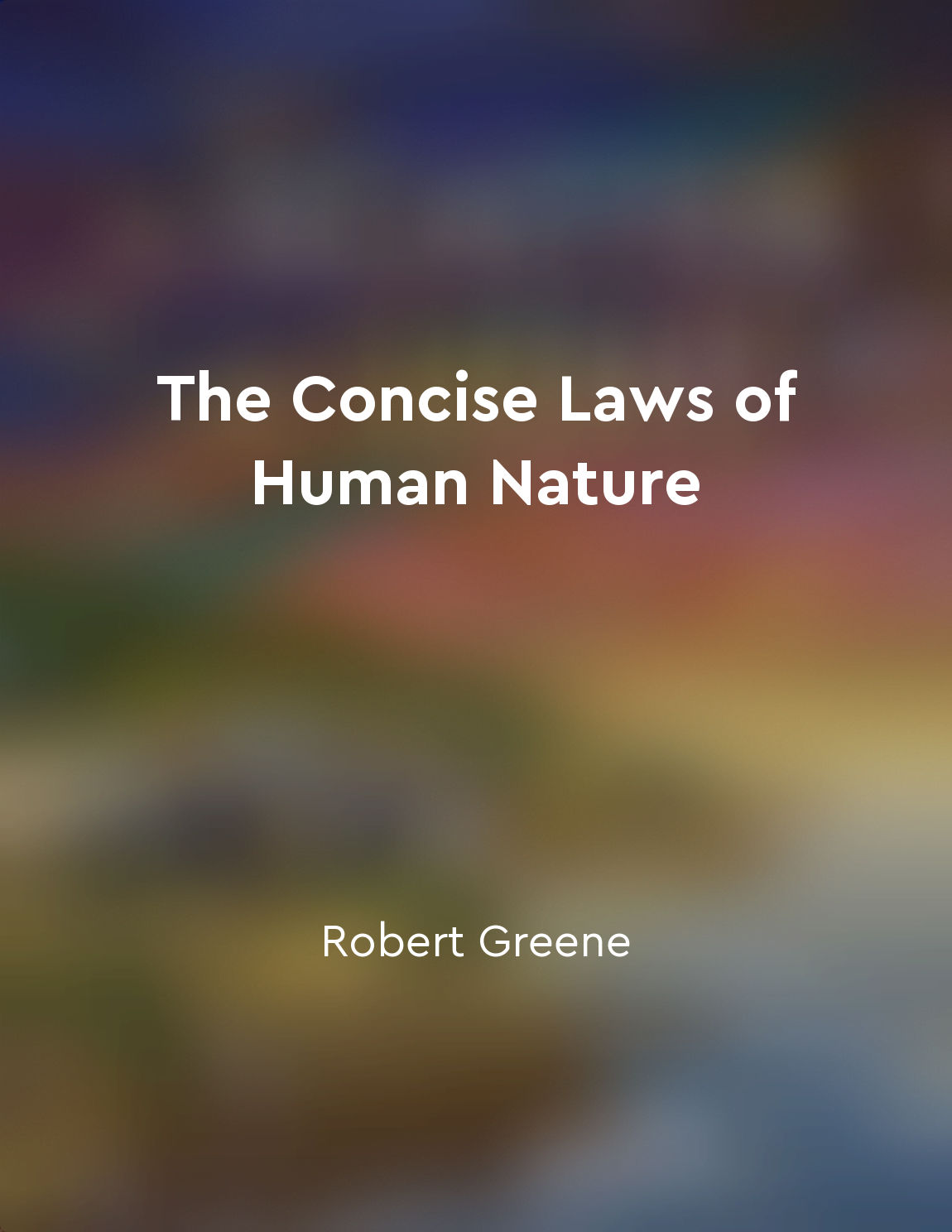Intelligent individuals underestimate the extent of stupidity in society from "summary" of The Basic Laws of Human Stupidity by Carlo M. Cipolla
The concept that intelligent individuals underestimate the extent of stupidity in society is a profound and thought-provoking idea put forth by Carlo M. Cipolla in his book 'The Basic Laws of Human Stupidity'. Cipolla argues that intelligent people often fail to fully grasp the sheer magnitude of stupidity that exists within society. This lack of awareness can lead to a sense of disillusionment when confronted with the irrational and nonsensical behavior of others. According to Cipolla, intelligent individuals tend to operate under the assumption that others possess a similar level of intelligence and rationality. This belief can be a major source of frustration and confusion when faced with the perplexing actions of those who exhibit behaviors that defy logic and reason. The failure to recognize the prevalence of stupidity in society can leave intelligent individuals feeling isolated and disillusioned. Cipolla suggests that there are four categories of people in society: intelligent individuals, who contribute positively to society; helpless individuals, who do no harm but also no good; bandits, who seek to exploit and harm others for their own gain; and, most dangerously, stupid individuals, who cause harm to others while also harming themselves. It is the presence of these stupid individuals that intelligent people often underestimate, leading to a skewed perception of the world around them. The idea that intelligent individuals underestimate the extent of stupidity in society serves as a cautionary tale, reminding us all to be vigilant and aware of the potential for irrational and nonsensical behavior in our fellow human beings. By acknowledging the existence of stupidity and its impact on society, we can better prepare ourselves to navigate the complexities of human interaction and better understand the motivations behind the actions of those around us.Similar Posts
The pursuit of wisdom involves constant questioning and inquiry
The movement of thought is always in a circle, and the circle is knowledge. When knowledge is accumulated, it becomes memory, a...
Intelligence is a multifaceted trait
Intelligence is a multifaceted trait. It is not a simple, unitary concept that can be fully captured by a single measurement or...

Accept uncertainty and ambiguity
The world is a messy and complex place. Uncertainty and ambiguity are constants in our lives. Yet, many of us have a strong ave...
Understanding our irrational tendencies can help us make better choices in the future
Understanding our irrational tendencies can help us in navigating the complex world of decision-making. By recognizing how our ...
Algorithmic transparency importance
The importance of algorithmic transparency cannot be overstated. In a world where increasingly complex algorithms are making de...
Decisionmaking is improved when we consult with others and consider diverse perspectives
Human beings have limited knowledge and cognitive abilities. We cannot possibly know everything about every subject. Therefore,...
The role of emotions in shaping preferences
The concept of emotions playing a significant role in shaping preferences is a crucial factor in understanding human decision-m...

Confirmation bias reinforces existing beliefs
Confirmation bias occurs when we seek out information that confirms our existing beliefs while ignoring or discounting evidence...

Practice cognitivebehavioral techniques
To effectively change your thought patterns and beliefs, it is essential to practice cognitive-behavioral techniques. These tec...

Trust is a fragile but essential component of healthy relationships
Trust is the invisible thread that binds individuals together in healthy relationships. It is delicate and easily broken, yet w...
